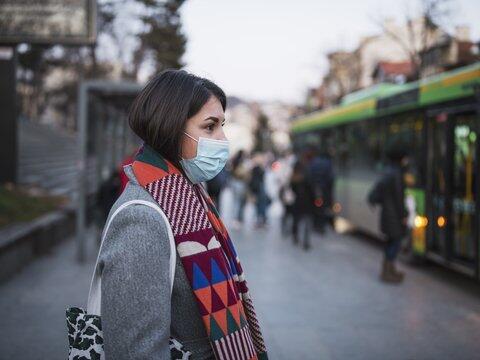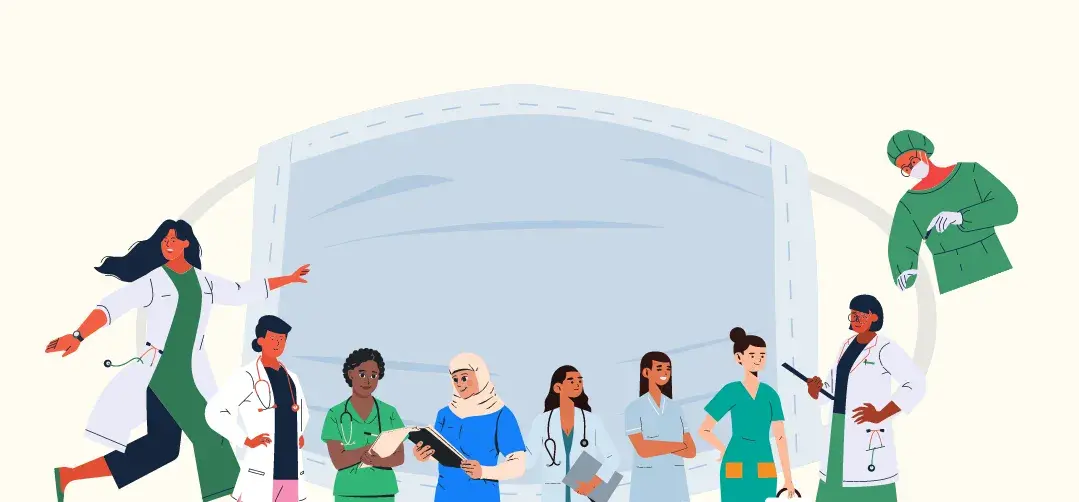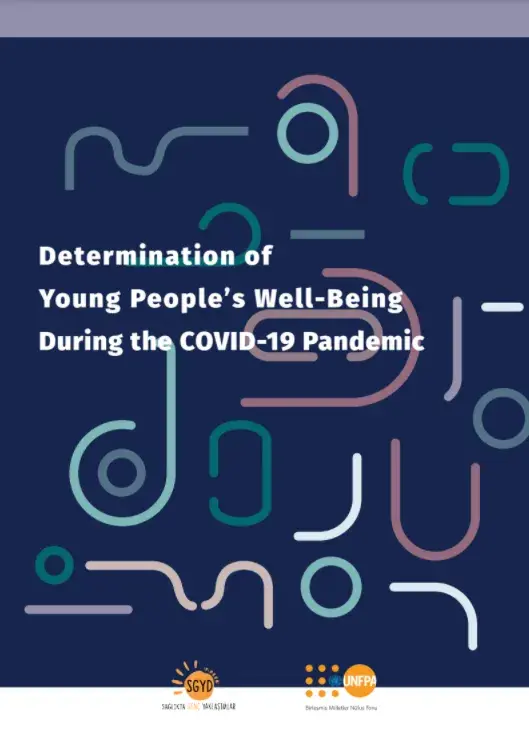UNFPA published three interim reports concerning the youth, women and sexual health during COVID-19 pandemic.
Young people are not immune to devastating effects of COVID-19.
Young people exposed to COVID-19 are as likely as old people to become infected and contagious. Young people’s education has been severely impacted by the pandemic that may hurt their mental health by producing negative feelings such as depression and anxiety in return, as a consequence of restricted socializing and loss of motivation for daily activities. Moreover, prolonged hours of social isolation is a risk-increasing factor for girls and adolescent women. COVID-19 also creates a troubling atmosphere in which accessibility to sexual health services are severely restricted. To find out more: UNFPA Interim Report on Adolescents and Youth & Coronavirus Disease
Pandemics affect women and men differently
Women generate 70% of global healthcare workers. Although they are more likely to become the victims of systematic gender-based violence, they are underrepresented in the decision-making processes concerning the COVID19 pandemic, and they suffer from economic inequalities while struggling to ensure their financial independence. On the other hand, men are less likely to ask for support and care due to gender roles, including physical and mental support, which makes them vulnerable to the ongoing crisis in a different way. Helplessness may lead to an increase in the cases of violence against women as well. The only underprivileged community is not women, but also refugees, LGBTI+ individuals, homeless people and people with disabilities. Historical inequalities and forced social exlucion make things way more difficult for oppressed communities, especially during the ongoing coronavirus disease pandemic.To find out more: UNFPA Interim Report on Gender Equality, Violence and COVID19
COVID-19 poses critical dangers for sexual and reproductive health
Contaceptive methods are one of the critical topics that are underestimated during the COVID-19 pandemic crisis. With the emergence of COVID-19, serious industrial and financial challenges concerning the supply-chains started to occur. This situation severely restricts the people's accesibility to various kind of medications and medical products, primarily being contraceptives. It should not be ignored that people's sexual and reproductive health may become jeopardized in the long run, including all age groups, as a consequence of possible further damages to the supply-chain mechanism. Other medications are also not immune to such a devastation, including antibiotic, antiviral drugs, medications that are prescribed during and after pregnancy for mothers' health. To find out more: UNFPA Interim Report on Sexual & Reproductive Health and Rights & COVID-19





